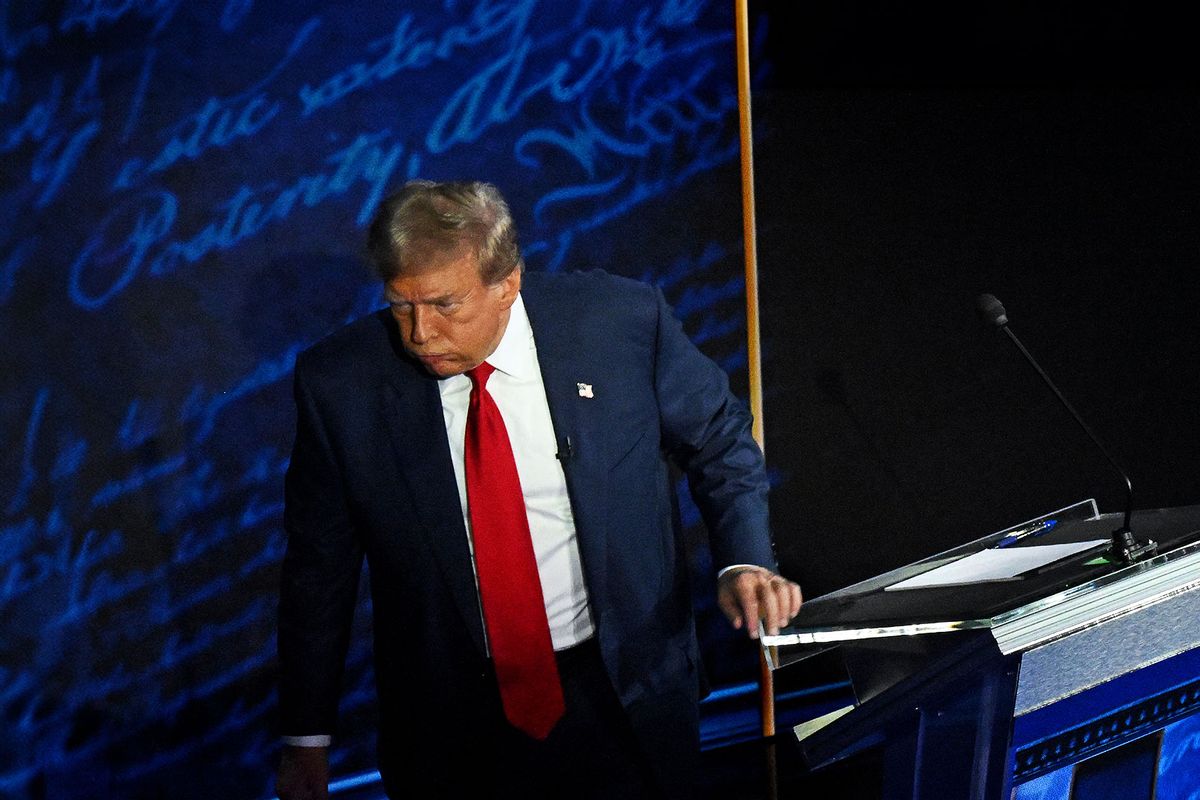To answer the OP, you can listen to The Focus Group with Sarah Longwell (link takes you to a youtube playlist; you can also listen to her podcast in lots of places).
She is pretty much a Never Trumper, and this is generally what her podcast is about:
Unfiltered, uncompromising, unexpected—The Focus Group is a look into what the average voter thinks about politics, policy, and current events. Sarah Longwell, publisher of The Bulwark, has conducted hundreds of hours of focus groups all across the country. She and a series of special guests will take you behind the glass to hear what real focus group participants have to say.
Her show is basically pick a topic, ask people about it, and then play their unedited comments on the show. I do a lot of focus groups for my job (lawyer/juries). What you want out of a focus group is an unvarnished opinion about a neutral statement (nothing leading or loaded, just thoughts about X or Y; then you just listen and don’t interrupt or correct or educate or anything). You are not trying to change anyone’s mind, but merely to understand what they are actually thinking and why they think it about a particular topic.
The show is helpful to me, because of instead of just a poll saying something - which I intellectually understand, but if it’s something I don’t agree with/understand how that could be, then it never actually sinks in/feel it/believe it; when you listen to people it becomes very real and it sinks in really fast.
A recent episode was, Is Trump’s Play for Minority Voters Working? It’s fascinating, and extremely maddening. (At the 40min mark) There’s a part where three black people who previously voted for Clinton/Biden, but are now leaning Trump explain their concerns for Trump…paraphrasing three different voters:
We know Trump appeals to white supremacists and encourages them…but he’s not a racist, just doesn’t like poor people equally…I have big concerns about J6 and fear what happens if he doesn’t win…etc. etc.
So why are they still leaning Trump? The Economy.
